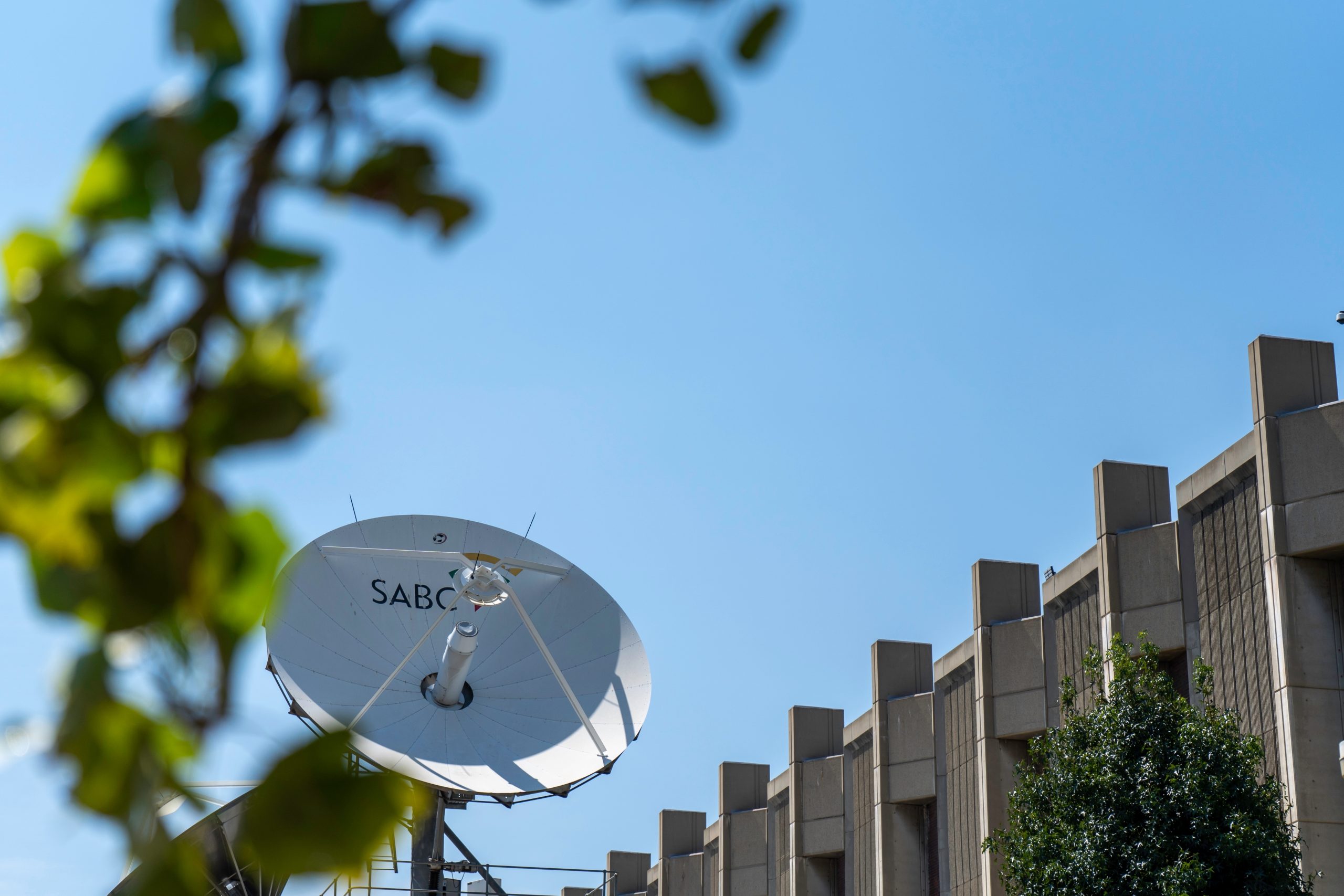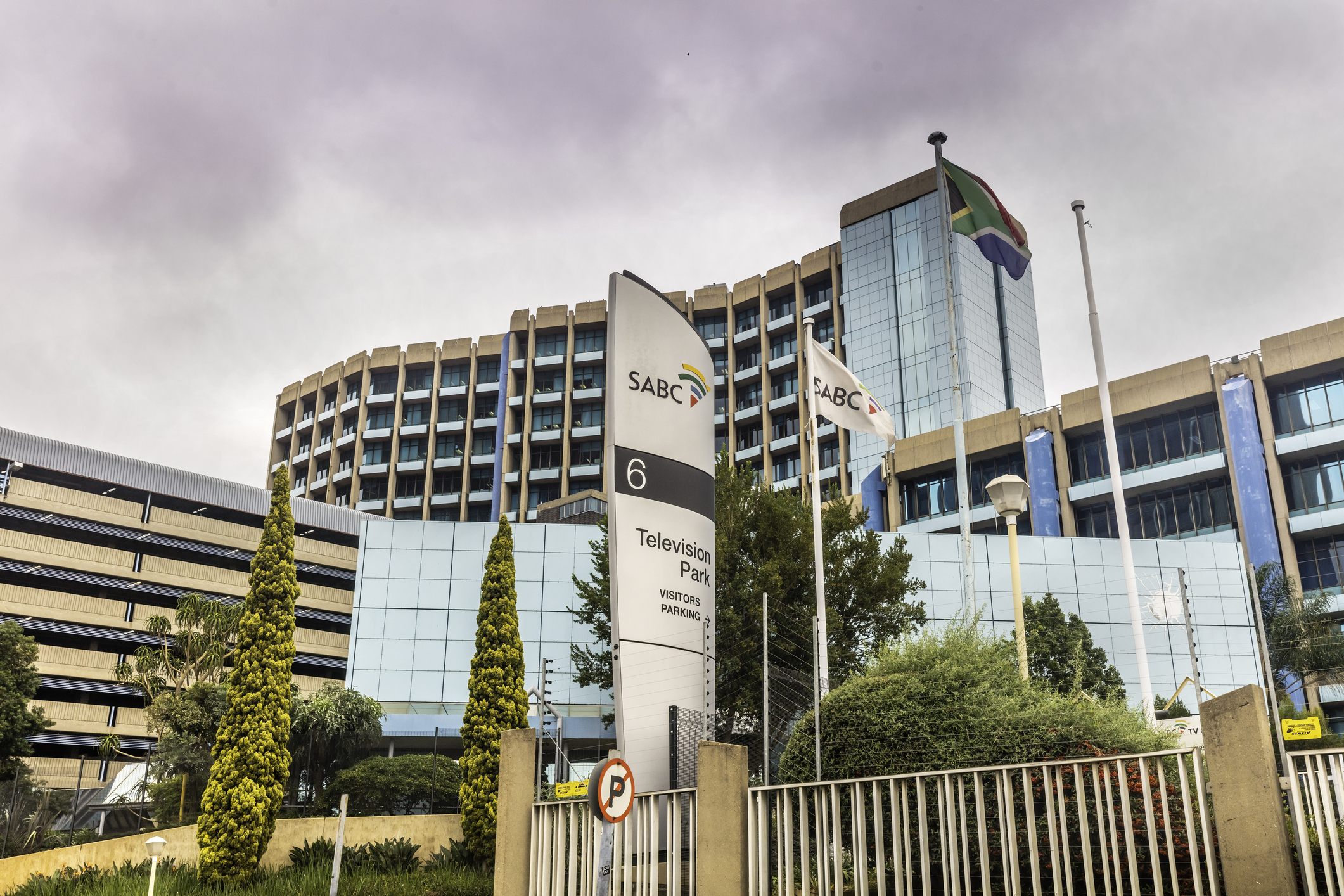BHRT warns it’s on the brink of collapse
1st February 2024
Bosnia & Herzegovina faces the possibility of being the only European country without a public broadcaster, with BHRT reporting existential challenges due to lack of funds.

IN BRIEF:
- BHRT, the state-level public broadcaster in Bosnia & Herzegovina announced they will have to shut down if new agreement on stable funding is not found quickly.
- Elektroprivreda BiH, the state-owned electric company did not did not include the Radio & Television tax on its January bills, depriving BHRT of its sole source of income.
- RTRS and RTVFBiH, the two other public broadcaster in Bornsia & Herzegovina have exerted financial pressures on BHRT for years, by accumulating money that did not belong to them and refusing to pay the due share of the licence fee.
IN FULL:
Bosnia & Herzegovina’s state-level public broadcaster, Radio and Television of Bosnia and Herzegovina (BHRT) has warned it is on the brink of collapse after almost a decade of financial and political struggle.
Yesterday, the International and European Federation of Journalists (IFJ-EFJ) echoed other groups in raising their concerns about the alarming financial situation of BHRT. They urged Bosnian authorities to take action to find a funding agreement to prevent the shutdown of BHRT, which would leave 800 employees without a job.
BHRT is not the only broadcaster to have warned of financial catastrophe. Ireland’s RTÉ and South Africa’s SABC have similarly warned of dire circumstances, and called for urgent solutions.
A decade long struggle
The state-level public broadcaster BHRT has warned about its precariousness due to a lack of stable income every year since 2015.
Yet at the end of last year, the situation became more desperate. In December 2023, the agreement which saw the state-owned electric utility company collect the RTV tax on its invoices, expired. BHRT’s administration proposed that the new contract include a revenue distribution scheme which would see BHRT receive 75% of the RTV tax collected. However, Elektroprivreda BiH has not included the RTV tax on its January bills, leaving the national public broadcaster deprived of its only source of income.
A complicated distribution of the licence fee
The public service broadcasting system in Bosnia & Herzegovina consists of a conglomerate of three public service media meant to cover the main ethnic groups of the country.
Radio and TV of Bosnia and Herzegovina is a nation-wide public broadcaster, the Radio Television of the Federation of Bosnia and Herzegovina (RTVFBiH) operates for the Bosnian Muslim-Croat population, and the Serb Republic Radio-TV (RTRS) operates public TV services for the Bosnian Serb entity, the Republika Srpska. The RTRS has faced accusations of being under the influence of Milorad Dodik and his governing party of the Alliance of Independent Social Democrat.
Read more: Media freedom in decline in Bosnia & Herzegovina?
In the Federation of Bosnia & Herzegovina, (FBiH) the collection of the licence fee has presented an issue for years, as the RTVFBiH reportedly did not respect the Law on Public Radio and Television Service and illegally accumulated money from the RTV tax, which did not belong to them. This increased the financial instability of BHRT. Ironically, the Federal television programme from the RTVBiH depended on BHRT for years as it was using its buildings and provided them with the technical services necessary to produce their programme, but did not pay anything to BHRT in return.
Listen toour podcast
Uncovering and exploring the biggest
issues facing public media
Financial pressures on BHRT have also been exerted by RTRS, which through a special agreement on the collection of RTV tax with the Post Office of the Republika Srprska since 2017, has refused to pay the due share to the BHRT.
The absence of such funding from both corporations has left the BHRT “in the red” to the tune of 72,600,00 BAM (€37 million) said BHRT general director Belmin Karamehmedovic in a statement at the end of 2023.
“It’s been a month since BHRT has been officially without funding and politicians have still not agreed on any solution. They must understand that it is an emergency situation.” – Maja Sever, President of the European Federation of Journalists
These long-standing financial issues have impeded on the mission of the public broadcaster and also impacted the employees, whose working condition have deteriorated, as reported the IFJ. “Independent Trade Union of Workers in BHRT has been denouncing salary inequalities between the management board and journalists, with taxpayer’s money not being properly distributed among BHRT’s workers. There are also issues with ageing equipment used by BHRT employees, some of which is over 40 years old,” said the EFJ and IFJ.
A European concern
The recent announcement of the imminent collapse of BHRT triggered a wave of reaction within European media organisations and civil societies.
In this emergency situation, the President of the EFJ, Maja Sever, said “Bosnia and Herzegovina could become the only European country without a public service media. It’s been a month since BHRT has been officially without funding and politicians have still not agreed on any solution. They must understand that it is an emergency situation. We stand in solidarity with BHRT workers who continue working in this dire situation.”
Her statement was supported by the IFJ President, Dominique Pradalié, who added, “We are standing with BHRT workers and we urge the government to take action. The public has an interest in getting access to strong, qualitative, independent public service media and this comes at a cost: decent wages for all workers and job security”.
The Director General of the European Broadcasting Union, Noel Curran, had recently expressed his concern, on behalf of the EBU, about serious threats to the future of BHRT. In a letter to the Prime Minister of the Federation of Bosnia & Herzegovina and State Ministers, he urged the Bosnian authorities to remedy the BHRT issue, as the public broadcaster plays an irreplaceable role in society in ‘promoting democratic discussion, supporting social cohesion and strengthening public morale’ under difficult times.
Mr. Curran wrote in his letter that “To fulfil this role, an adequate and stable budget is necessary. We ask you to help find a sustainable solution to BHRT’s financing problems and protect its future. The laws passed by the state of Bosnia and Herzegovina confirm that the state is responsible for ensuring sustainable financing and independent of the broadcaster”.
ANALYSIS
The Public Media Alliance stands with our civil society colleagues in calling for a swift resolution to the funding struggle of BHRT. Democracy depends on an independent, well-resourced public service media. Audiences rely on the existence of such organisations to provide them with impartial and trusted news and information, free from commercial or state interference.
Related Posts
17th November 2023
Media freedom in decline in Bosnia & Herzegovina
The passing of restrictive laws on the…
1st April 2022
Bosnia and Herzegovina’s national public broadcaster faces closure
PMA joins the EFJ, EBU and SEEMO in…



